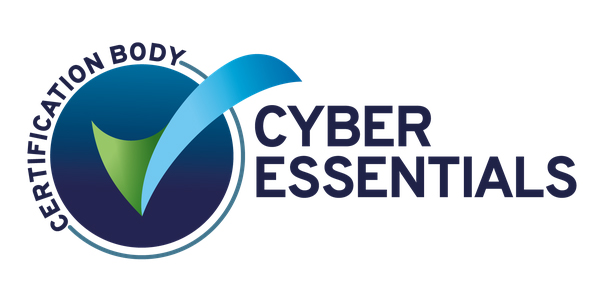Since it’s #CyberAwarenessMonth we want to share all the latest cyber updates with you. Ransomware has been deemed the ‘most immediate danger to UK businesses’. Lindy Cameron, the chief executive of the UK’s National Cyber Security Centre, issued her statement on the subject earlier this month.
During the keynote speech, Cameron noted the multitude of cyber incidents over the past year, including attacks attributed to cyber criminals working on behalf of China. As well as attacks linked to China, there have been significant breaches linked to Russian intelligence, including the SolarWinds attack this year.
Cameron also noted the urgency in addressing these attacks as the worldwide impacts of such cybercrime, including attacks on Ireland’s Health Service, Hackney Council and the Colonial Pipeline which led to fuel shortages in the US. Cameron finalised her speech by noting that Ransomware will continue to be a focus for cybercriminals, especially if businesses remain vulnerable and continue paying fines.
What is Ransomware?
There are many types of cyber-attack, but Ransomware is a specific type of malicious software that is deployed on endpoints to encrypt files.
Following a Ransomware attack, hackers than extort companies and people to pay to decrypt their files; sometimes this is millions of pounds and usually business have no choice but to pay in order to access their data again. If payment is refused, then the hackers are likely to publish business critical data. This is not only damaging to the businesses reputation but is likely to result in lawsuits and huge fines from the ISO.
While payment is often an appealing option for many victims, there is no guarantee that systems and files will be released by the hackers. Sometimes, despite the extortion taking place, there is actually no way for the hackers to retrieve the data, if they chose to do so.
Contact us today to see how we can help secure your business.







